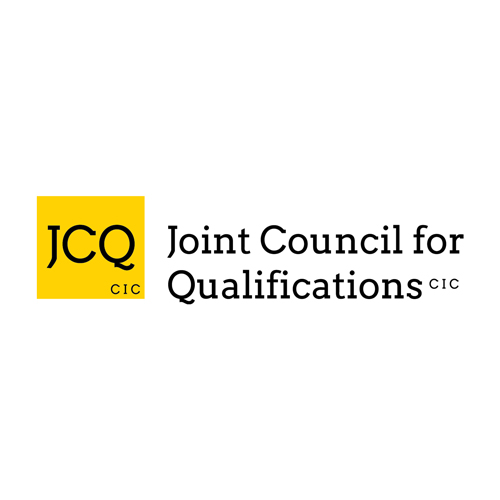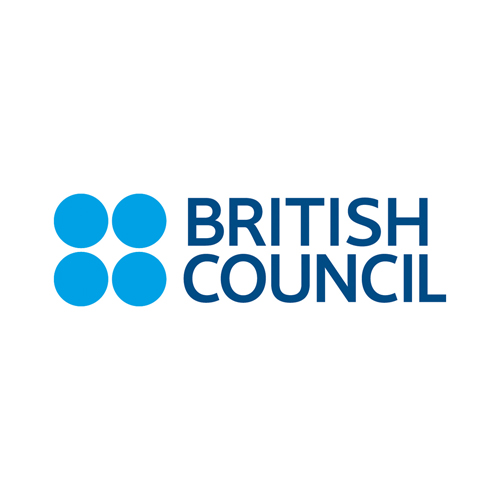Sector
The Department for Business and Trade covers all industrial sectors.
Founder Member:
Department for Business and Trade (DBT)
Scope of support
Export, Inward Investment, Higher Education (HE), Technical and Vocational Education and Training (TVET), English Language Training (ELT), Independent Schools, Education Technology (EdTech), Teacher Training, Special Education Needs and Disability (SEND) and more.
Jonathan Ledger currently serves as the Skills and Professional Bodies Specialist at the Department for Business and Trade (DBT). He represents the UK at the SEAMEO and ASEAN TVET Councils. His work has supported UK skills providers in securing over £860 million in global contracts and has generated more than £5 billion in secondary returns through aid-supported programmes across five continents.
Jonathan has driven the UK Skills Partnership since 2017 and continues to voluntarily lead its digital presence, strategy, and member engagement. This platform has become a vital access point for international partners seeking UK skills expertise, and a tool for collaboration across colleges, awarding bodies, and training providers.
The Department for Business and Trade International Education team supports UK providers to be even more successful in markets where there is growing demand for the UK education offer. It focuses its attention on those parts of the world where it can see a combination of greatest opportunity for UK education providers and where UK Government support can make a real difference in unlocking opportunities.
The team works across the sector, supporting Universities, TVET organisations, International Independent Schools, the Educational Technology sector, the Early Years and ELT sectors as well as other education groups.
DBT works with all education providers in any geographic location around the world. DBT has a number of tier 1 and tier 2 countries in which it seeks where we have resource both in UK and at our Embassies and High Commissions to develop and identify opportunities and then to inform and support the education sector in its efforts to access those opportunities.
DBT operates in a range of different ways; leading trade missions, both into UK and out to market to present the UK offer at conferences and other gatherings. DBT works with groups of UK providers to develop a consortium approach where an opportunity is broad and might require more than one UK participant. DBT works with Ministers and senior officials to set out the UK offer and, as appropriate, introduce UK organisations to these senior interlocutors.
The UK government published the International Education Strategy (IES): global potential, global growth in March 2019. Led by Department for Education (DfE) and Department for Business and Trade (DBT), it sets a cohesive, cross-government approach supporting global activities of our education sector.
The IES sets out to increase education exports to £35 billion per year
The IES 2021 update: Supporting recovery, driving growth, published in February 2021, re-committed the UK government to achieving its ambitions. It made a commitment to work closely with the devolved administrations and the UK education sector to move from recovery to sustainable growth.
See the 2022 International Education Strategy update here.
But DBT doesn’t just operate in the markets set out above; it continually scopes new markets to seek to identify where future market potential might exist. DBT works hard to unblock market access issues and seeks to support the education sector if there is a real opportunity in ANY country for which UK Government support would add value to the success of a UK provider.
The Education Advisory Group (ESAG), chaired at Ministerial level and comprising the key representative bodies for the education sector, with input from other Government colleagues is designed to represent the interests of the education sector in export matters.
The DBT International Team is structured in geographic teams with a current focus on China/Hong Kong, the ASEAN region, Latin America and the Middle East / North Africa, with each team supported by a range of Sector Specialists with deep expertise in specific areas of the sector.
The DBT international education team play a key a role in helping education providers identify and win long term contracts overseas.
The DBT International Education team works across Whitehall, and gains enormous value from its engagement with DBT colleagues around the UK. Additionally, the team works in partnership with UK Export Finance, UK Export Academy, Investment Environment, as well as FCDO, DfE, FCO, Home Office and elsewhere. Key to this broad engagement is a strong engagement with education suppliers and trade bodies across the education sector.
If your UK registered education related organisation is looking to export for the very first time, or grow your current exports into new markets, then the DBT International Education Team is the perfect place to start!
MORE USEFUL LINKS
- UK TRADE IN NUMBERS. Trade statistics are derived from a number of sources and can be presented in different ways. The UK’s trade statistics are primarily provided by ONS releases including the ONS monthly UK trade, ONS UK quarterly trade by partner country, and ONS UK balance of payments. https://www.gov.uk/government/statistics/uk-trade-in-numbers/uk-trade-in-numbers-web-version
- TRADE AND INVESTMENT CORE STATISTICS BOOK. The most up to date snapshot of the UK’s trade and investment position, summarising trade statistics produced by ONS, HMRC, DBT and others. https://www.gov.uk/government/statistics/trade-and-investment-core-statistics-book
- MARKET GUIDES: The Department for Business and Trade publish a range of guides for UK businesses who are interested in selling overseas: https://www.gov.uk/government/collections/exporting-country-guides
- TRADE AND INVESTMENT FACTSHEETS: These factsheets summarise the latest statistics on trade and investment between the UK and individual overseas partners. Trade statistics inform how we meet the challenges of trade policy and promotion in the UK. https://www.gov.uk/government/collections/trade-and-investment-factsheets
- MANAGING OVERSEAS BUSINESS RISK: This contains useful information on how UK businesses might identify and mitigate potential security and political risks to overseas trading: https://www.gov.uk/government/collections/overseas-business-risk
- UNESCO – UNEVOC – International Centre for Technical and Vocational Education and Training contain excellent free country profiles. These provide insight relating to skills and TVET, including structures and actors. https://unevoc.unesco.org/home/TVET+Country+Profiles
- AID/ DONOR FUNDING: For Aid Funded agencies / donor organisations who may have funded projects that might be of interest to you, please see the UK Government’s Guidance (https://www.gov.uk/guidance/aid-funded-business) and you can set up a subscription to receive updates here. There is a list of the international development funding programmes from FCDO here: https://www.gov.uk/international-development-funding






![British Educational Suppliers Association [BESA]](https://ukskillspartnership.org.uk/moogryce/2024/06/besa500.png)









